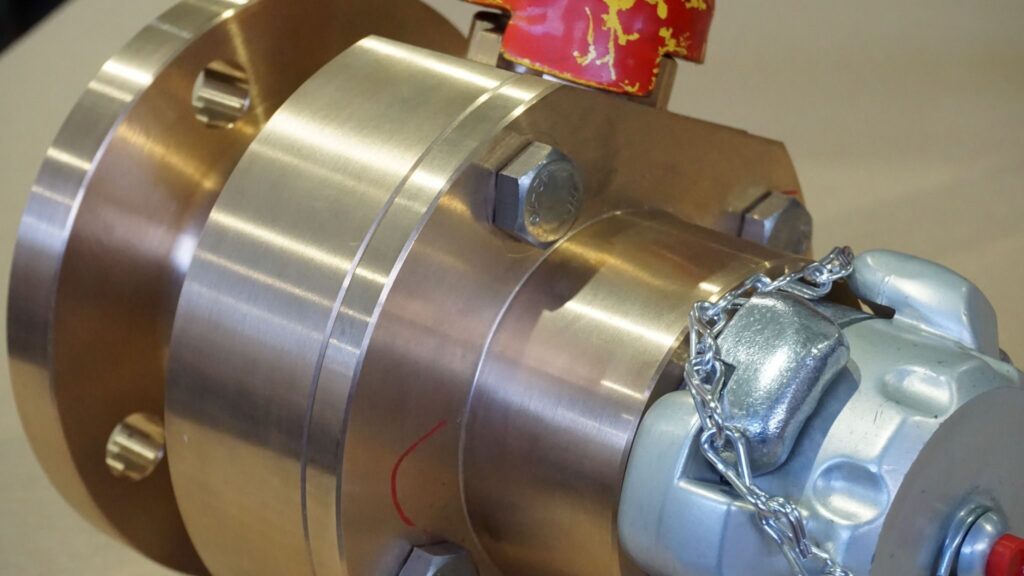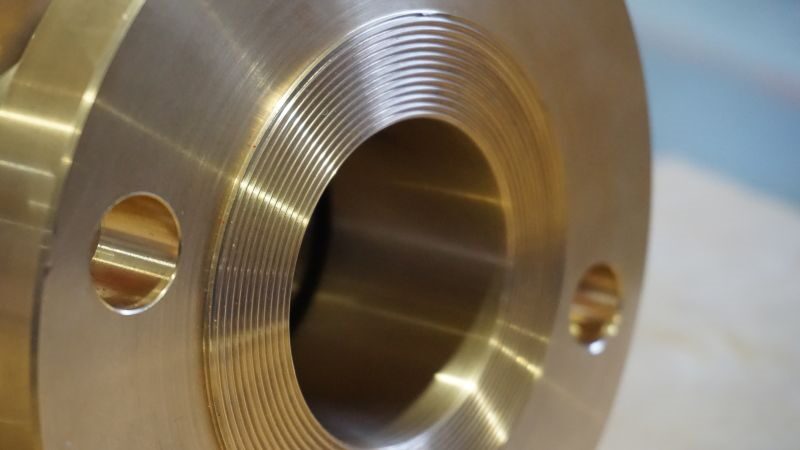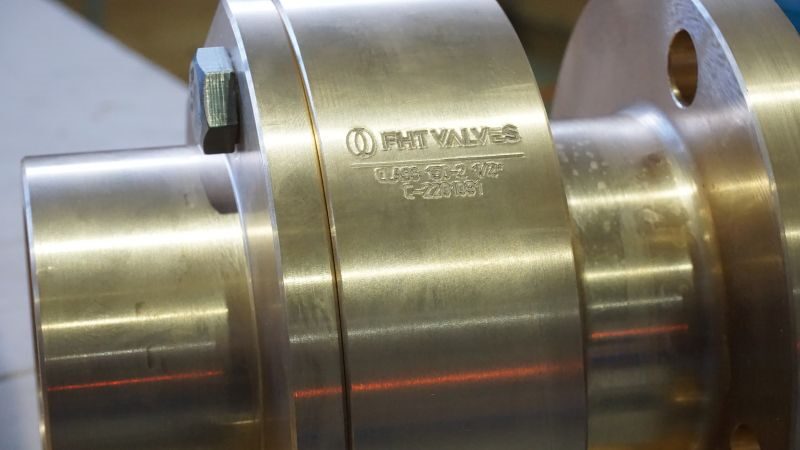The earliest versions of valves are found in Roman aqueducts and other historical engineering marvels. As industries have evolved over the millennia, so have ball valves. Today they are manufactured from a wide variety of materials to suit specific industries and conditions. Among the most commonly used materials are bronze and brass. However, today we will focus on bronze ball valves and the characteristics that make them the star option in the market.

Why choose bronze instead of brass?
Although both materials are copper alloys, bronze and brass differ in their composition and properties. Bronze is made of copper and tin, while brass is made of copper and zinc. The choice between these materials often depends on the environment in which the valve is to be installed. There are many reasons why bronze stands out over brass as the primary material for manufacturing ball valves. The main differences are:
- Superior performance and versatility
All types of bronze alloys, such as B-62, RG-10 and aluminum bronze, offer excellent performance in a variety of applications. Aluminum bronze is especially resistant to saltwater corrosion, making it the ideal choice for marine environments.
- Durability with customization options
Bronze ball valves can be customized with materials such as monel or stainless steel for internal components, allowing the choice of material for the ideal environment and significantly increasing their durability in harsh environments.
- Extensive industrial functionalities
In addition to their applications in marine environments, bronze ball valves can also be found in industries such as military, oil and gas, chemical processing and wastewater treatment.
- Prevention of degalvanization
Bronze prevents dezincification, a process in which zinc is removed from brass due to a thermal process, leaving a porous and weakened copper structure. The presence of tin in bronze creates a more stable alloy, which inhibits zinc leaching and significantly improves strength. This strength translates into increased durability and service life of bronze ball valves, reducing maintenance costs and downtime.

In modern industries, bronze ball valves offer a unique set of advantages. Not only are they durable, but they are also highly resistant to seawater and other corrosive environments. In addition, their ability to withstand high temperatures and pressures makes them suitable for demanding tasks where safety is paramount. At FHT we manufacture high quality bronze ball valves tailored to meet the demanding needs of every industry.
